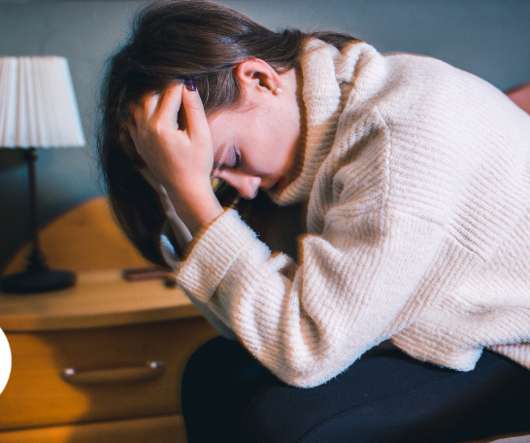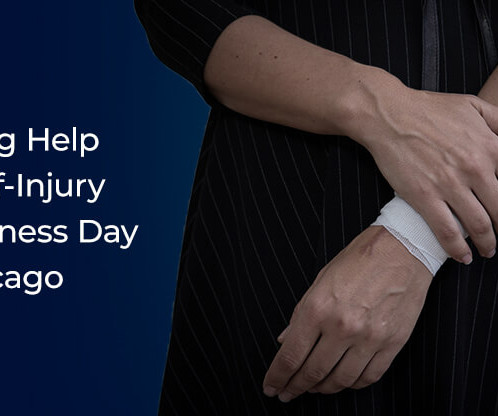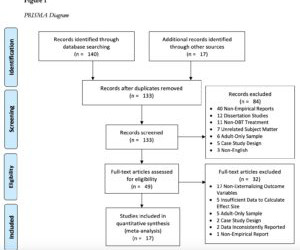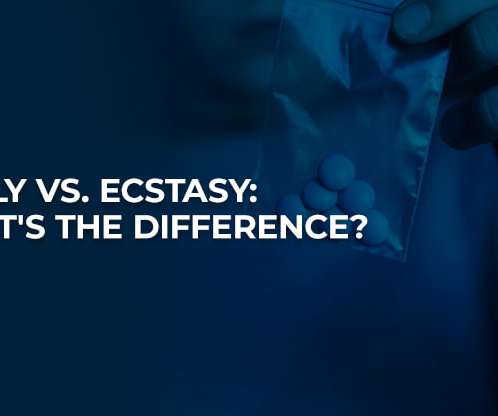Am I Depressed? Depression Symptoms, Causes, Therapy
Stop Abuse Campaign
MAY 26, 2022
Individuals who experience or witness adverse childhood experiences (ACEs) such as domestic violence , parental separation/divorce , or childhood neglect or abuse can face long-term consequences, predisposed to developing mental health conditions like depression, anxiety , and post-traumatic stress disorder. Natural treatments .












Let's personalize your content